As with most global cities, consumers in Kenya’s capital of Nairobi eat food predominantly sourced from semi-urban or rural locations, which are more abundant in farmland.
As soon as food travels, challenges arise, centered around maintaining produce freshness. For food that needs to travel long distances, countries need sufficient cold chain infrastructure to protect food along its route. This can be expensive, involve many middlemen, and ultimately make food more expensive for those consumers at the end of the chain, in the cities.
In Kenya, there’s another factor weighing on those logistical challenges: food production stagnation. Currently food supply from within the country is not meeting demand. Around 20 million people living in parts of the Horn of Africa, that is in Kenya, Ethiopia and Somalia are said to be severely food insecure. Further, 3.1 million people in Kenya’s arid and semi-arid regions are facing acute food insecurity.
A clear example is the demand for fish. Last year, news that Kenya was facing a shortage of fish rocked headlines. The country could face a deficit of around 360 million kilograms of fish by 2025. Currently, the country’s demand for fish is supplemented by cheaper imports from China which the government refused to ban, citing fish shortages. Now, the cost of China’s fish imports has increased 10% over last year, reaching a whooping Ksh2.47 billion. ($20.5 million) and a market share of 83%.
To try and mitigate these challenges, Kevin Bett, a financial engineer passionate about agriculture, started Neruva Technologies with two co-founders.
Simplifying agriculture for urban markets
The Kenyan startup’s core mission is to bring food production closer to consumers by leveraging indoor farming technology.
“We believe that instead of primarily relying on food production happening far away from the consumers, we can actually bring it to them with our product called the Ecocapsule.”
‘Ecocapsules’ are modified 40-foot shipping containers that allow for the simultaneous breeding of fish and cultivation of crops such as lettuce and basil.
Initially, Neruva started out as an aquaculture startup but expanded to broader controlled environment agriculture (CEA) units after learning how they could integrate fish farming and crop growing on one system. The co-founders’ backgrounds played out well as one hails from a fish farming family, while the others came from crop farming families.
Neruva’s system leverages aquaponics, the food production system that couples aquaculture with crop hydroponics, recycling the waste from the fish as a fertilizer for the crops that grow in the same water system, and without soil.
With this system, Neruva says it is able to produce around 20,000 fish each year and between 20,000 to 30,000 heads of lettuce each year.
The startup is currently located in Juja Farm, just 33 kilometers out of Nairobi’s central business district.
Closed-loop self-sufficiency
Neruva’s ecocapsules are essentially self-sufficient, closed-loop systems that can grow food all year round.
“At the end of the day, we have a closed-loop system that is continuous and clean. It’s very sustainable,” says Bett. “With everything in-house, farmers don’t need to rely on land and the weather to be successful. With this technology, we can make food production sustainable and profitable for the farmer, even on a small piece of land.”
The startup is deploying a range of technology in its farms to aid this self-sufficiency including installing sensors for both the fish and crops to gauge and optimize temperatures for breeding fish and optimum humidity levels across the whole system.
Further, since the crops are grown in nutrient-rich water, Neruva can forego the use of fertilizers and pesticides, which are currently extra expensive. This, Bett says, translates to lower costs of both fish and crops for its clientele.
“If you look at operating costs in any given agricultural setting, chemical pesticides and fertilizers will be a key contributor to an increase in these costs,” Bett says. “We have an advantage because we’re not using them. This puts us in a situation where we are able to sell our produce at very low costs making it affordable for restaurants. This helps them in improving their margins; when you look at restaurants and hotels, a key challenge they face is low margins.”
Neruva’s main revenue stream comes from selling produce grown in its ecocapsules but they are also up for sell to farmers for Ksh350,000 ($2,906). This provides an alternative to greenhouses, which are priced between Ksh150,000 and Ksh600,000, depending on the size and quality of material used.
According to Bett, a major comparative advantage of ecocapsules over greenhouses is that for the fixed price, everything comes in-built and ready to use as opposed to greenhouses which could take days or weeks to set up.
Neruva has slowed its efforts to sell ecocapsules to farmers recently due to a number of operational issues involved in making them, but still envisages its technology providing Kenyans with an additional income source. With growth and securing more funding, Bett hopes to bring the cost of one unit to between Ksh200,000 and Ksh250,000. This could match the cost of starting a boda boda business, a bike transportation business that’s gained popularity over the years.
Fundraising and future outlook
Neruva’s model is quite infrastructure-heavy but the startup has been able to operate with an equity investment it landed earlier on from an undisclosed investor and is now in the final stages of closing its seed round. This new capital will go towards contracting a third party to handle its logistics — it currently does this in-house — and to expand to other cities in Kenya.
It is also looking at expanding its crop offering to include cherry tomatoes and strawberries as well supplying up to 30 restaurants by early next year.
Neruva currently leases land for its farms and will leverage new funding to secure more land that it’s already identified to set up a new production facility that can host up to 20 ecocapsules and can be scaled to 100 units in the next five years as needed.

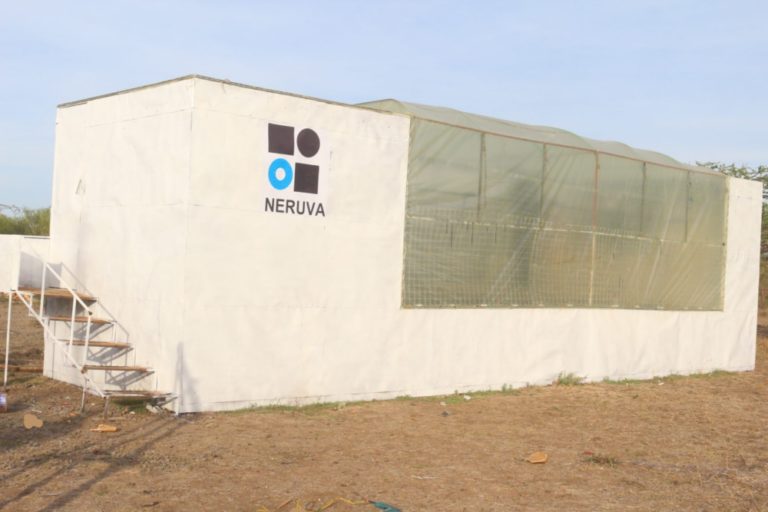
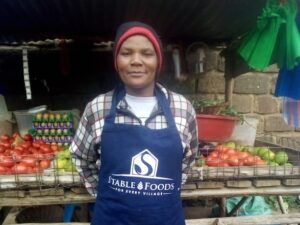
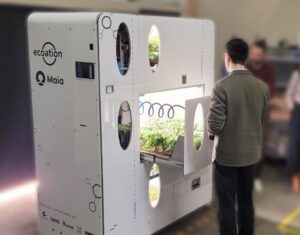
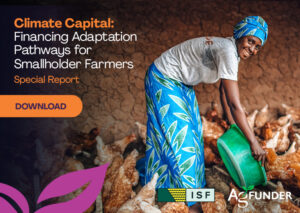

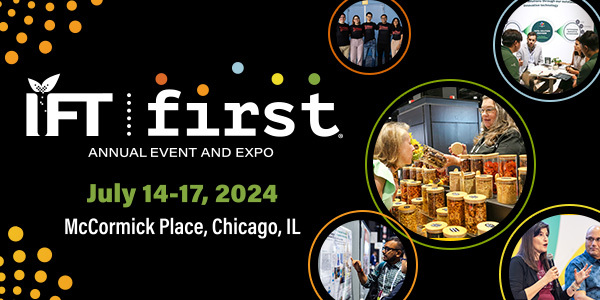
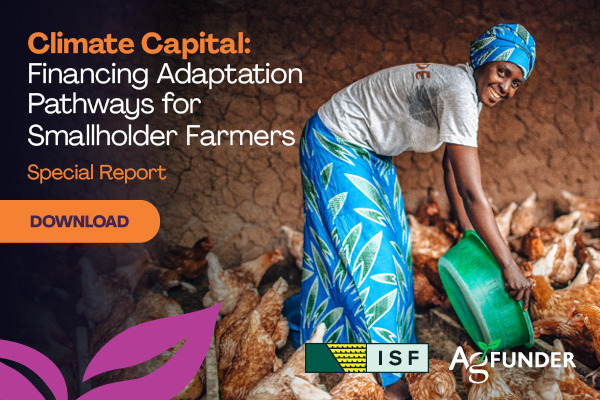
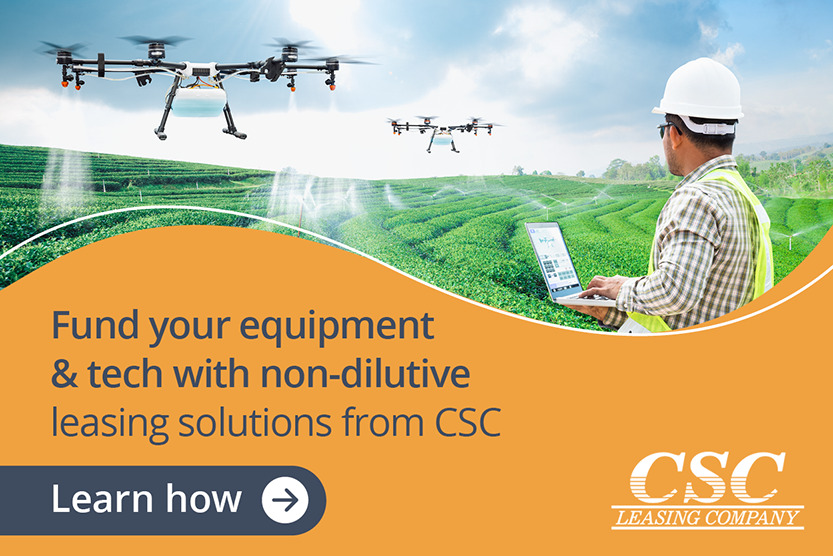


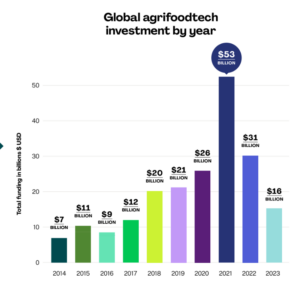
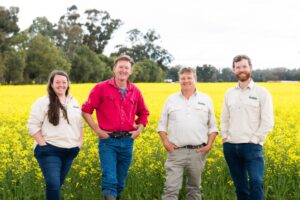



Sponsored
International Fresh Produce Association launches year 3 of its produce accelerator